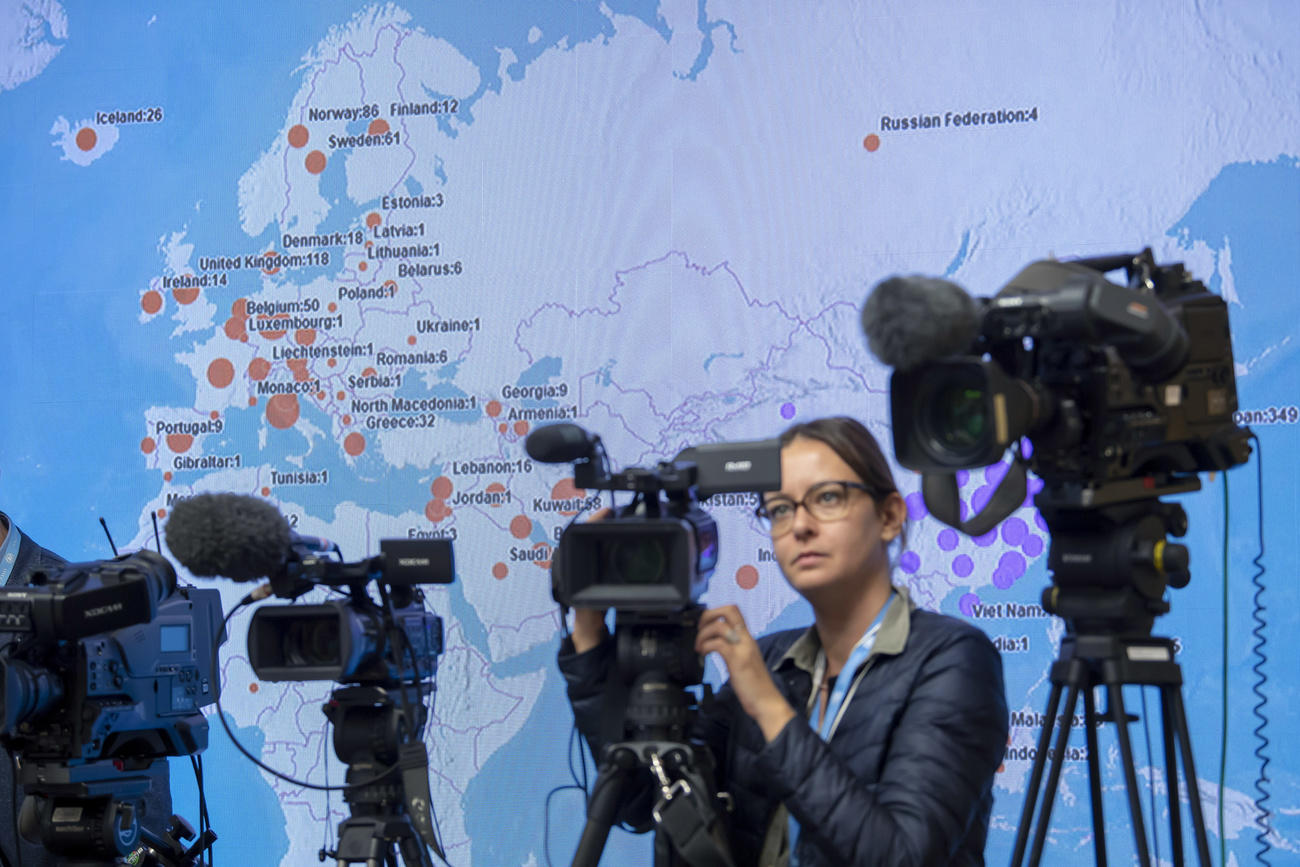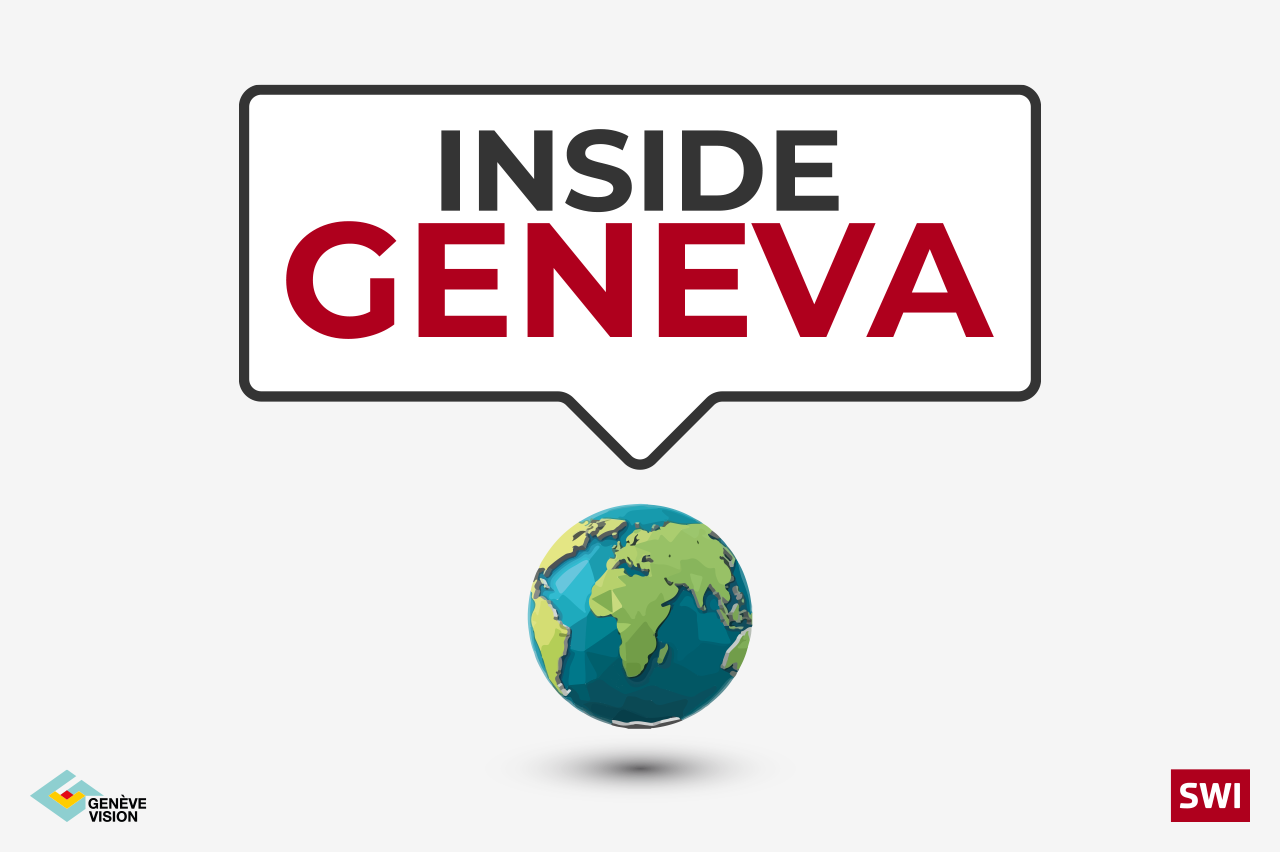Beyond Multilateralism: The Pauli Principle
The arrival of Donald Trump at the White House is commonly considered to have opened the way to a generalised assault on multilateral agreements and institutions, from the nuclear deal with Iran, the Paris Agreement on climate change, various trade accords, and restrictions on the use of land mines, to the United Nations, the World Trade Organization (WTO), and UNESCO. Given the impending US presidential election, the question that obviously arises is whether this pattern will continue or, instead, be reversed.
There is no doubt that Trump has been overtly hostile to numerous agreements, as well as to various institutions. Whether this hostility is greater than that of preceding presidents, who in their turn withdrew from some institutions, defunded others, and “unsigned”, scrapped, or let die different agreements, is debatable, even if Trump’s tone is considerably more caustic than that of his predecessors. However, establishing a scorecard about which US presidential administration has been the most hostile to multilateralism presupposes something that is less than clear, namely that the world has, in important ways, become multilateral, sufficiently so that the United States might do considerable harm to that multilateral world. My argument is that such a presupposition is at best dubious, and at worst the opposite of what is really going on.
Multilateralism: An unclear concept
When, in 1992, the international relations scholar John Ruggie edited a special issue of International Organization on multilateralism, contributing an often-cited essay of his own to the topic, he laid out two meanings of the term. One, proposed by his colleague Robert Keohane, was relational: “the practice of coordinating national policies in groups of three or more states”; the other, his preferred alternative, added an additional condition: “an institutional form that coordinates relations among three or more states on the basis of generalized principles of conduct: that is, principles which specify appropriate conduct for a class of actions, without regard to the particularistic interests of the parties or the strategic exigencies that may exist in any specific occurrence” (italics added).

There are several things that can be noted about this pair of definitions. The first is that they are extremely difficult to use as criteria for judging whether any particular institution or agreement should be classified as multilateralist. If state A sets up a traveller inspection arrangement, whether aimed at terrorists or viruses, if state B then adopts most of those measures, while revising some of them, and if state C makes additional modifications, to which A and B respond by amending their original procedures, is this coordination by a group of three states? I assume not, that both Keohane and Ruggie have in mind a forum in which A, B, and C would hash out the rules together; but it’s unclear why this latter is any more coordinative, or has any greater policy significance, than the former.
However, coordination is much easier to assess than “generalized principles of conduct”, not only because human beings are skilled at dreaming up such principles as a cover for pursuing their own interests but because it’s difficult to be sure what a state’s motivations are for the actions it undertakes. For example, when the US pushed most favoured nation in trade, one of Ruggie’s key principles of multilateralism, was this because it was a generalised principle of conduct or because, believing that trade disputes could lead to wars, US leaders were determined not to get dragged into a third European war several decades down the road? Even more problematically, if there are two or more different principles that could be cited as a basis for coordination, how are we to choose? Did NATO allies’ participation in the 1991 Gulf War reflect a norm of nonaggression, or of collective self-defence?

More
Coronavirus called a ‘decisive test’ for the UN system
Second, all three of Ruggie’s prime examples of multilateralism – the Bretton Woods agreements, the United Nations Charter, and the North Atlantic Treaty – are hardly as multilateral as he claims. Two of the three Bretton Woods-inspired institutions are located in Washington, one which has been headed continuously by US citizens, the other of which has a weighted voting scheme in which the US has a de facto veto. Add to this the formal veto power in the Security Council, and the clear deference in NATO, and it is evident that a more accurate label for these arrangements would be “the United States and the others”. Certainly those others are consulted, certainly they play a role, and certainly the principles they espouse are very much along the lines of the multilateralist language favoured by US elites since the end of World War II; but a more accurate term (one flirted with by Ruggie in other writings) is one drawn not from Latin, but from ancient Greek politics, namely “hegemony”.
Exclusive focus on states
Eppur si muove The third and final point about the formal definitions of multilateralism is that they are resolutely focused on coordinated policies by states. What they ignore is the point of those policies, namely actions by both state employees and by others.
Consider, once again, Bretton Woods. One of the major issues between Keynes and White was whether having a colonial empire meant that exporters and importers from other parts of the world would be locked out. The agreements, by answering no to that question, made it possible for a business in country A to sell to another business in B, with the income from that sale being used to invest in C, who might, in turn, buy from D. Notice that states play little role in these interactions.
Similarly, the establishment of the WHO and the professionalisation of biomedical research and epidemiology in laboratories and universities around the world has meant that epidemics can be addressed by thousands of actors, only some of whom are state employees. In other words, the point of the most celebrated instances of multilateralism is to unlock the gates that stand in the way of cross-border transactions. To focus on multilateralism by looking primarily at states is akin to talking about elections by concentrating on the people who write and administer the rules, rather than on the parties or the candidates or the voters.
I cite the epidemics example because it illustrates an implication of the problems with the Ruggie definition of multilateralism. Certainly Trump would like to diminish, or at least re-equilibrate, many day-to-day interactions, whether those involve movements of persons or goods, and his preferred method of achieving those results is a set of bilateral deals with other states. On the other hand, the fundamentally multidirectional, nondyadic nature of those movements is not really at issue and, if anything, has increased in certain domains just in the last few years.
The implication of these remarks is that we need to start analysing many institutions and agreements in terms of day-to-day content, rather than which states were involved and how they interacted. To do so otherwise, I fear, would open us to Wolfgang Pauli’s celebrated putdown of a scientific paper: “It is not even wrong.”
This article first appeared in the April edition of the Graduate Institute Geneva’s ‘Global ChallengesExternal link‘ publication
The views expressed in this article are solely those of the author, and do not necessarily reflect the views of swissinfo.ch.

In compliance with the JTI standards
More: SWI swissinfo.ch certified by the Journalism Trust Initiative










You can find an overview of ongoing debates with our journalists here . Please join us!
If you want to start a conversation about a topic raised in this article or want to report factual errors, email us at english@swissinfo.ch.